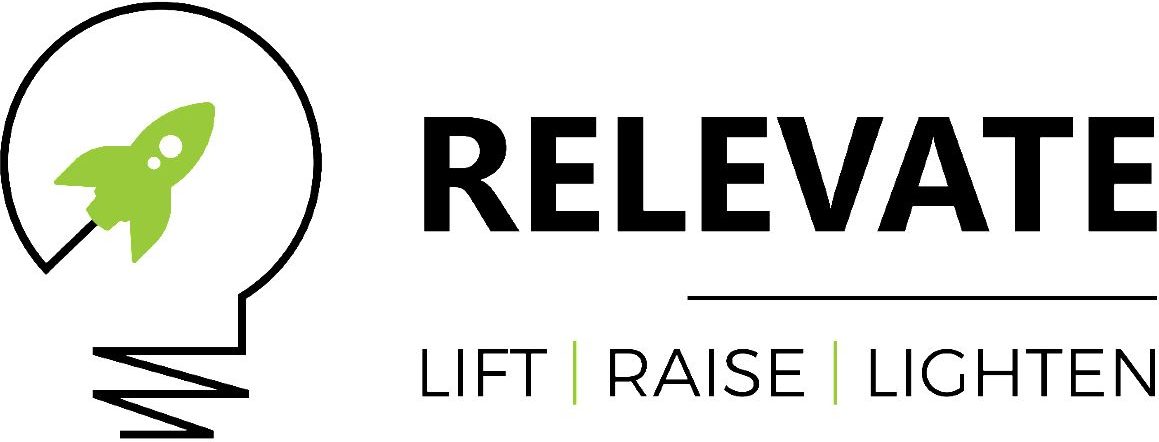You have heard of the big CRM names: HubSpot, Salesforce, Zoho and Pipedrive (just to name a few).
You already know about these platforms. But when you search Google for “which CRM should I use” so many more platforms than you can imagine are available.
Of course, the research process starts to become daunting. Which platform do you choose? Will they be right for what your business needs? What are their main features? How do you learn the platform and start using it in your business.
In a quest to find answers to these questions you sign up for free trials with multiple platforms and possibly chat online to confirm CRM features.
This is a great place to start. However, you are now on their mailing list. A prospective lead. A sales target (for lack of a better word).
Now, that’s not necessarily a bad thing to be on their email list. Emails from HubSpot and Salesforce are very educational and can support you in managing leads regardless of which platform you use.
The issue (or risk) is not that you are part of their mailing list. You do the same for your business. That’s what a CRM is all about, right? You are attracting the right people to your business who sign up for your mailing list and become a prospective client.
You can leave the big CRM mailing list at any time. Just like your leads have the freedom to unsubscribe at any point too.
The issue is not being on the mailing list. But how these big CRMs will sell their solution to you regardless if it is the right solution for your business.
And therein lies the risk.
“If all you have is a hammer, everything looks like a nail”
- Abraham Maslow (1966)
You may have heard this quote before (or a variation of it). It is also referred to as The Law of the Instrument or as Maslow’s Hammer.
If a [sales] person is familiar with a certain tool (or platform) they may build a cognitive bais and believe that their tool is the right solution for every problem.
Think about it. These large CRM companies (actually, any tech company) have spent years developing their product. They are so immersed in their product and how their product will solve your problems.
Now add to that bias that these companies are competing in an oversaturated market. Any problem you will have, they will find a solution for you – regardless if it is right for your business.
The risk is that they will always push their CRM as the solution (aka their hammer). Your problem is just another nail in their eyes.
Let’s continue with this analogy. What if your problem (nail) is actually a screw? You know that a hammer is not the right solution for a screw. But these big CRM companies (with their cognitive bias) will hammer away at that screw until they have made wood splinter.
This is only a work around; it is not a solution to your problem.
These companies will find a “work around” to make the CRM do what you need it to do. This doesn’t mean that they will change the interface for you so that it does what you need it to do. No! That would actually be a solution.
This work around usually involves them demonstrating a process in their platform as a “solution” for your business. Usually, this results in you needing to use the platform in a way that it was not built to do.
While it may seem that they are helping you to find a solution, really, they are trying to manipulate your processes to fit within their CRM.
When you have a hammer, everything looks like a nail.
These CRM companies try to solve all solutions with the one hammer. This isn’t just for CRM companies. For many software companies it is the same case.
But what does this mean for you? How is this a risk to you?
Using a CRM that is not right for you
There are many reasons why a CRM may not be right for you. For example, it has many more features than you actually need. Your then stuck paying more money for things you don’t use.
It may be too difficult to implement in your business and be a much larger engine than you need (right now). So, you invest more time in learning it than what is necessary.
It may not help you actually solve your business problems. For example, let’s say that a business goal is to increase email opens and clicks by 15%. One way to do this is to track email data and subsequently adapt email content. If you are using Zoho Campaigns, any automation you have created will need to be frozen and new versions created.
This will result in many different versions of the same automation BUT a person already registered in the sequence will remain in their original version. This means that the emails that they will receive are from the previous version, not your newly adapted content.
This doesn’t mean that Zoho Campaigns is bad. It simply means that it is not the right solution for this goal. Zoho Campaigns is a better option for a proven email sequence.
Of course, you can use their A/B testing. Yet still, any adaptations will result in a new version. It still does not solve the problem. It is only a work around.
When you have a hammer, everything looks like a nail.
Adapting processes to the CRM (not the other way around)
With all these work arounds that the CRM system has hammered in, you now need to adapt your business processes to the CRM.
That is crazy!
It is the same as choosing an attractive and popular CRM and then making decisions on business processes that fit within the structure/features of the CRM.
Forget about switching to another CRM provider in the future, your processes are now dependant on the current CRM.
Not using a CRM for its intended purpose
This is no exaggeration. Some of these “solutions” that CRMs provide use features in a way that they are not intended for.
For example, you may use tagging as a way to manage the lifecycle of a prospect. But that is not what tags are created for. What happens when the CRM makes a business decision to update the tags or deprecated them?
Or, what if you use a particular field to store secondary email addresses (or phone numbers) that was only every intended for option information. What will you do if this field is not searchable nor appears in contact reports?
This is too risky!
How to avoid this risk?
While there are many CRMs that you can use, and there is no one-size-fits-all software, there is one simple thing you can do to avoid this risk.
Identify your business goals!
Plan with your team what you will achieve by implementing a CRM. In other words, what is the purpose of using a CRM?
- Will it be to increase productivity by 23%?
- Is it to share client relationship information across the business rather than only with a few people?
- Or will it help you to track prospective clients through a pipeline in order to increase sales b $X per month?
Identifying your business purpose for using the CRM will then help you to identify what features you will need to effectively execute the goals
You can then choose the right CRM to meet your goals.
This will help you to avoid the risk of adapting, modifying and changing processes extensively to fit a CRM that they are no longer meeting your goals.
At Relevate, we focus on what you are want to achieve. We focus on your goals and purpose of using a CRM. We identify your outcomes and then find the right solution for you. Not the other way around.








